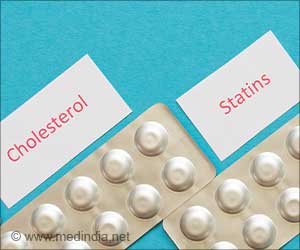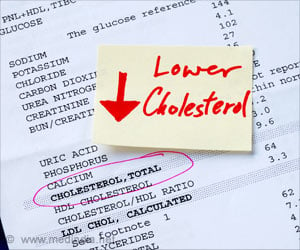A good shaped body is a desirable concept for all of us, especially for those who have put on that extra fat. But the thought of actually working out and reducing 20 or 30 pounds seems to be an impossible task. If this sounds impossible, then what about dropping 100 pounds or more?
That's just what 118 men and women did. The 63 men and 55 women were part of a nine-year study led by Dr. James Anderson, head of the UK College of Medicine Metabolic Research Group. The average beginning weight of study participants was 353 pounds. The average weight loss was 134 pounds in 44 weeks."Many severely obese persons, needing to lose more than 100 pounds, become frustrated and turn to surgery. This study shows that one in four persons who participate in an intensive weight loss program for 12 weeks can go on to lose over 100 pounds. This program has much lower risks than surgery and can lead to similar long-term weight loss," Anderson said.
Study participants were enrolled in the Health Management Resources (HMR) Weight Management Program, an intensive behavioural program, which is a partnership between HMR and UK. The program is based on limited calorie intake – 1,000 to 1,200 calories daily – through specialty entrees and meal replacements such as protein shakes. Participants also increased their physical activity besides walking being the exercise of choice.
The positive results went beyond lower digits on the scale. The weight loss was accompanied by improvements in blood pressure, cholesterol levels, diabetes, sleep apnea and other ails.
Sixty-six percent of the participants on medications for high blood lipids, high blood pressure, diabetes or degenerative joint disease were able to discontinue those medications, saving an average of 100 dollars a month and netting a priceless return in health.
"Losing more than 100 pounds is a great achievement. But the overall benefits in ability to enjoy life and be a full participant in activities with family and friends are more important to most people than are the reduced need to take medicine and worry about health issues," Anderson said.
Source-ANI
SRM/B











